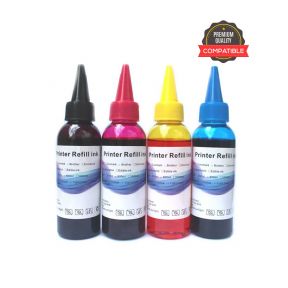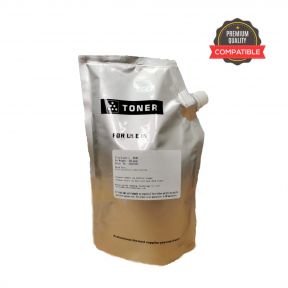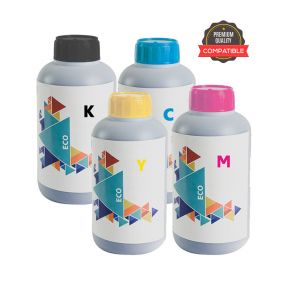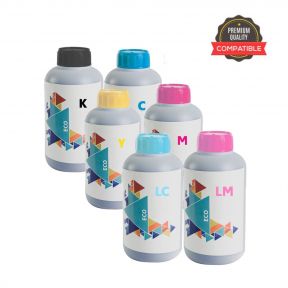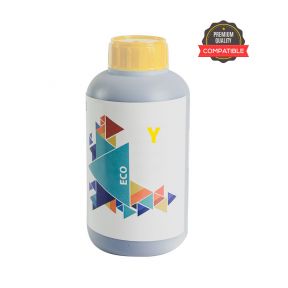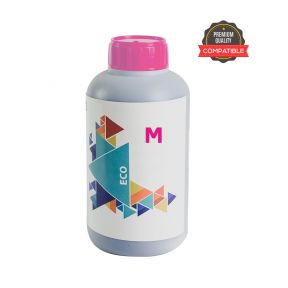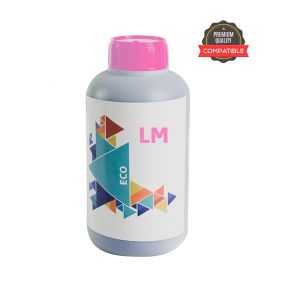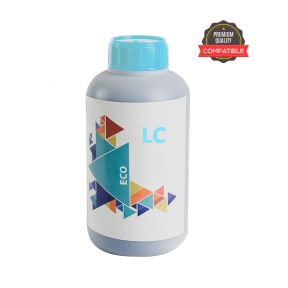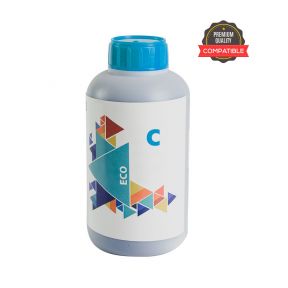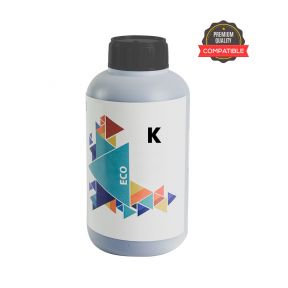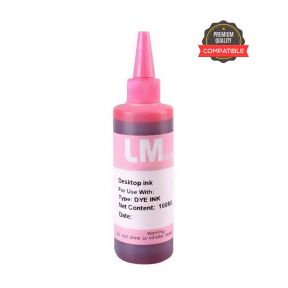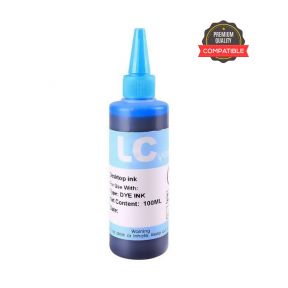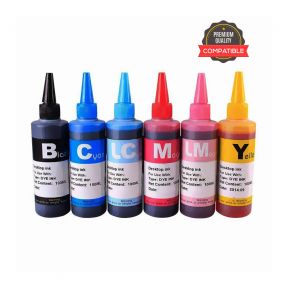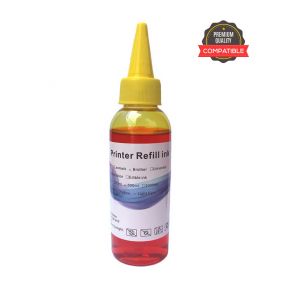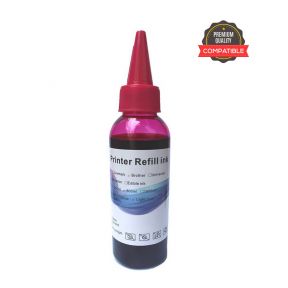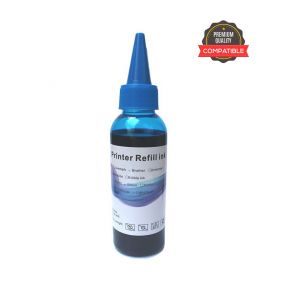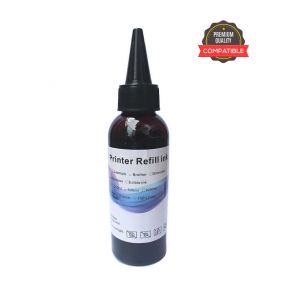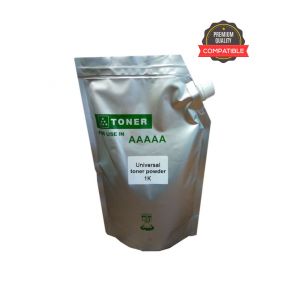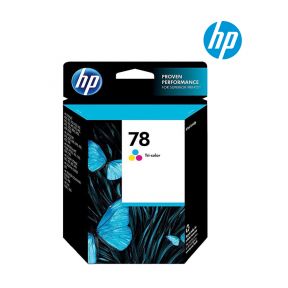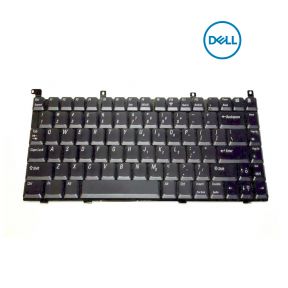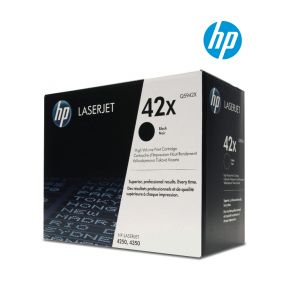Toner refilling is the practice of refilling empty laser printer toner cartridges with new toner powder. This enables the cartridge to be reused, saving the cost of a complete new cartridge and the impact of the waste and disposal of the old one.
Toner cartridges cannot be refilled indefinitely, because mechanical parts such as rollers wear out. Some cartridges include the electro-optical drum, which becomes depleted and can be scratched. Also, some models of laser print engines, like most inkjet printers, communicate with "chips" or fuses inside the toner cartridge which indicate that the cartridge is exhausted, whether or not it actually is. Some research is usually required to determine the feasibility of refilling a particular cartridge.
In general, refilling requires opening a cartridge designed not to be opened, refilling it with toner, and capping the opening that was made to gain access. Some cartridges can be disassembled; others require a hole to be drilled or melted.
Toners vary in composition; manufacturers make toner designed for their own printers, and a generic toner may not work as well. In some cases, there may be separate additions of toner and "developer". Refilling kits include printer-specific instructions.
The following basic types of refill toner (differing mainly in particle size and fusing temperature) have been identified by one vendor while other refill vendors insist that each printer or copier model requires a unique type.
- HP, Canon printers
- Canon PC copiers
- IBM/Lexmark
- Epson EPL, NEC Silentwriter
- Xerox and Sharp
- Samsung and Lexmark Optra E
- Brother
Kits are available to refill the 4 toner cartridges used by colour printers (cyan, magenta, yellow and black), or to fill a single cartridge. Kits include a reset chip where necessary. In all cases a toner that is at least compatible must be used.
While there are environmental benefits to refilling the toner cartridges of laser printers, a refilled cartridge may produce inferior print quality and reliability.
- Refilling cartridges either by the end user, or as a service, is claimed by most printer manufacturers and toner remanufacturers to be harmful to both the quality and reliability of the prints, the cartridge as well as the life of the printers.
- Life cycle assessments may indicate that recycling is a preferable option.
- The quality of third-party toners can vary immensely, and it is also important that the toner is appropriate for the particular printer.
Common problems can include:
- Insufficient lubricant in the toner, leading to drum, developer unit or cleaning blade damage.
- Wrong melting point, leading to fouling in the fusing unit, print rubbing off, etc.
- Wrong electrostatic properties or particle size, leading to a dirty machine and poor-quality print.
- Large amounts of loose toner in the machine can also cause fouling and damage to the mechanisms, and air filters can become clogged, causing overheating.
Companies and individuals that refill toner, however, indicate that in most cases the cost benefits of refilling outweigh the possible disadvantage.
In view of the above, Deus offers the best of toner refils, ink refils and the needed chips to ensure that difficult to find toners are easily refilled and reused. We offer nothing but the best-buy all your toner and ink refills at Deus.com.gh and have it delivered at your door-step.
read less




